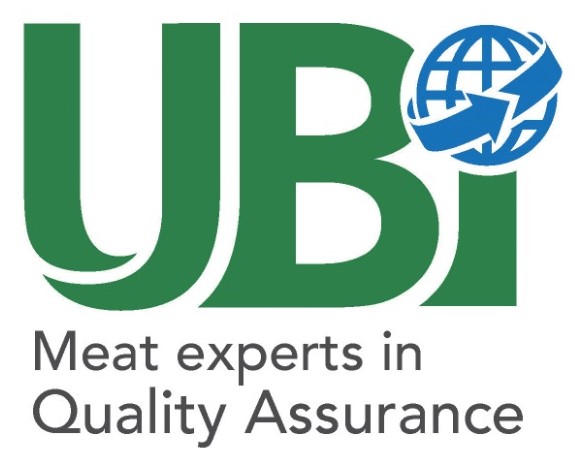Should You Wash Raw Chicken?

Q: Should I wash raw chicken before cooking it?
A: In a word, no.
It may seem counter-intuitive to some people, but washing your chicken can actually lead to an increased risk of illness.
The biggest concern with washing raw chicken is the increased risk of spreading foodborne illnesses. Raw chicken and its juices can carry harmful bacteria like Campylobacter or Salmonella, both of which can cause food-borne illness.
When you rinse your chicken under running water, there’s a risk of splashing water that carries that juice – and, therefore, that bacteria – around your sink, your cutlery, nearby food, produce and anything else you have in the vicinity.
If you want to cut down on those juices before cooking, though, you can pat raw poultry with a paper towel as long as you properly dispose of the paper towels and wash your hands immediately afterward. The key is preventing the spread of those raw juices.
To cut down on the risk of spreading harmful bacteria, follow these steps when preparing raw chicken:
- Always keep raw poultry stored on the lowest shelf of your freezer or refrigerator. That way, none of the juices potentially carrying the harmful bacteria can drip out of the packaging and onto other food.
- Be sure to wash your hands both before and after handling raw poultry.
- Use a separate cutting board for your raw poultry than any other food, especially produce, to limit the potential spread of bacteria.
- When cooking poultry, use a clean meat thermometer to ensure the meat is cooked to at least 165 degrees Fahrenheit per FDA recommendations. For safety reasons, be sure to check the temperature at the thickest part of the meat as that’s the slowest to cook to the necessary temperature. You don’t want to risk infection by eating any undercooked meat. And, of course, be sure to wash the meat thermometer before and after every use.
- Be sure to clean and sanitize any surfaces and utensils that might have come in contact with raw poultry before preparing other foods.
— Registered Dietitian Nicole Hopsecger, RD
Via Cleveland Clinic
